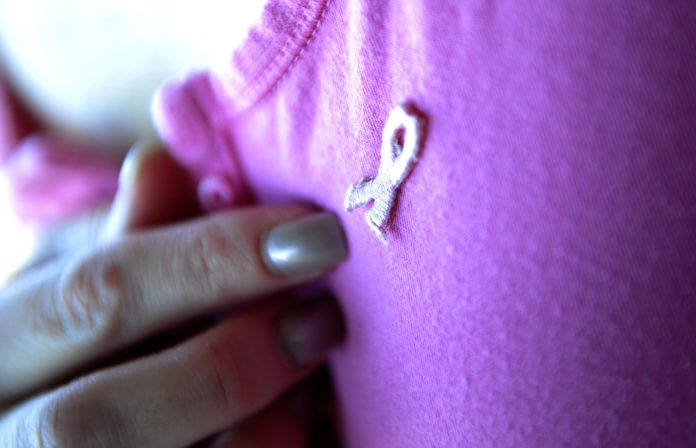There are earlier studies too that link cancer to both diabetes and obesity
Diabetes is a risk factor for cancer in both men and women, but the increased risk is higher in women.
According to a new article in Diabetologia (the journal of the European Association for the Study of Diabetes), there are multiple ways in which elevated blood glucose levels can accelerate carcinogenesis.
Cancer is the second leading cause of death in the world. It is estimated that 1 in 4 women, and 1 in 3 men, develop cancer during their lifetime. In 2015 there were 17.5 million incident cancer cases and 8.7 million cancer deaths globally, and these figures are expected to increase in the next decades. In India, according to a 2014 article in The Lancet Oncology, “Slightly more than 1 million new cases of cancer are diagnosed every year in a population of 1·2 billion.”
Diabetes too has grown rapidly: 415 million adults were reported to have the condition in 2015, with 5 million deaths. Of these some 70 million are in India.
Women with diabetes had a 27% higher risk of all-site cancer; for men with diabetes the risk was 19% higher
Previous studies have indicated that diabetes is associated with a risk of all-site and some site-specific cancers. The present study, conducted by Dr Toshiaki Ohkuma, Dr Sanne Peters and Professor Mark Woodward of the George Institute for Global Health at the University of New South Wales, Sydney, Australia and the University of Oxford, Oxford, UK, assessed whether there are sex differences in the association between diabetes and cancer.
Women with diabetes had a 27% higher risk of all-site cancer compared to women without diabetes; for men with diabetes the risk was 19% higher than for men without. Calculation of the women-to-men ratio revealed that women with diabetes had a 6% greater excess risk of all-site cancer compared to men with diabetes.
Data on site-specific cancer were available for 50 sites. The women-to-men ratios showed statistically significant higher risks for women with diabetes for kidney (11% higher); oral (13% higher); stomach (14% higher); and leukaemia (15% higher) cancers, compared to men with diabetes. For liver cancer the risk for women with diabetes was 12% lower than for men with diabetes.
The authors suggest that there are several possible explanations. Hyperglycaemia (i.e. heightened blood glucose) may have carcinogenic effects by causing DNA damage. The effect would be potentially more pronounced in women because historically women were likely to be undertreated, receive less intensive care, or show lower adherence to antidiabetic medication compared to men.
Alternatively, because the average duration of impaired glucose tolerance or impaired fasting glucose has been found to be over 2 years longer in women, they may have more exposure to untreated hyperinsulinaemia (high levels of insulin) in the prediabetic state – hyperinsulinaemia has been found to promote cancer cell proliferation. Another factor that may impact on the lower risk ratio for all-site cancer in men may be the apparent protective effect of diabetes in prostate cancer, a type that affects men only.


